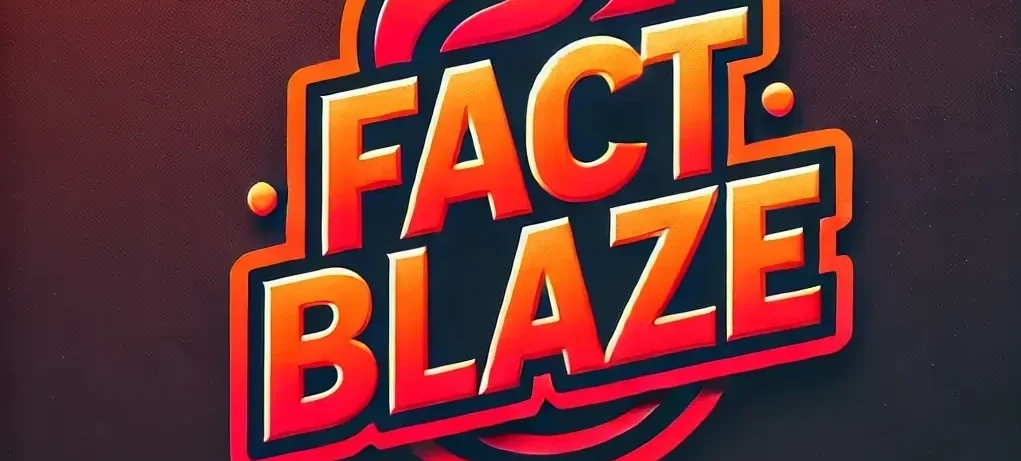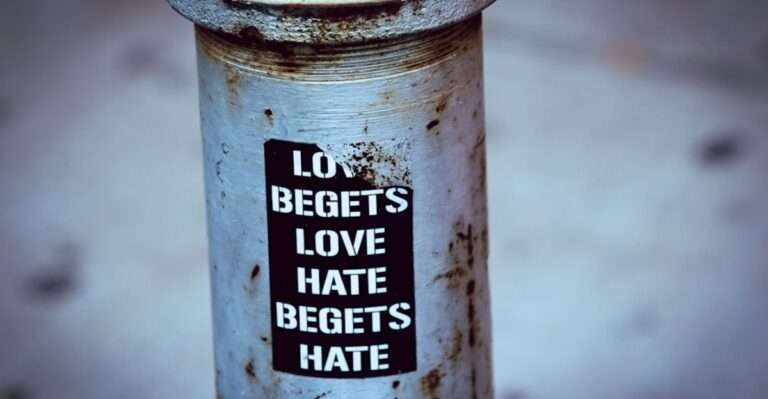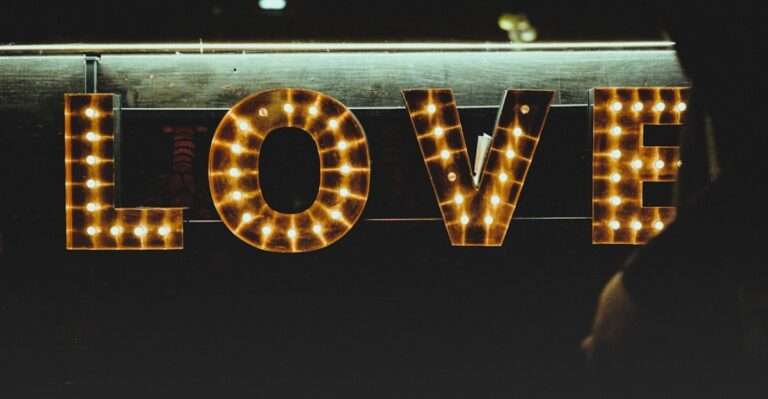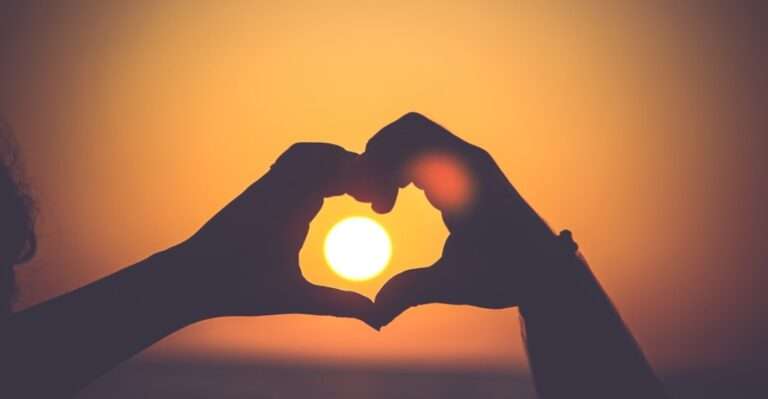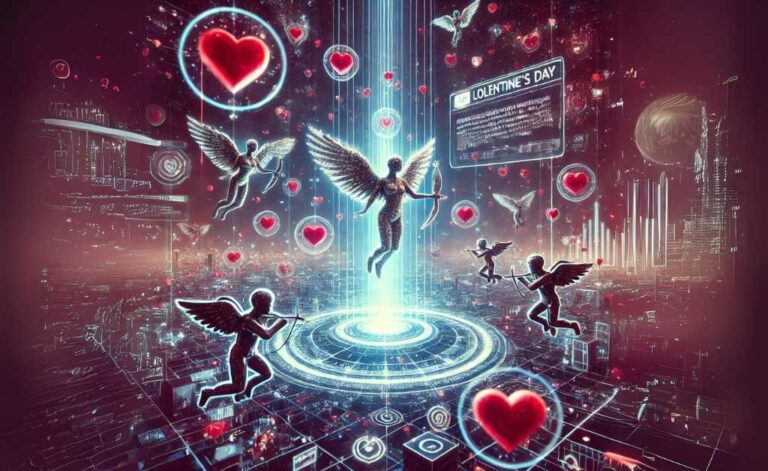What Happens in Your Brain When You Fall in Love?
The Science of Love: What Happens in Your Brain When You Fall in Love?
Introduction: What is Love, Really?
Love feels like magic, but science shows it’s actually a series of chemical reactions happening in your brain. Scientists have spent years studying what makes people fall in love and stay together. Whether it’s the excitement of a new crush or the deep connection of a long-term relationship, love is both a biological and psychological process.
But love isn’t just about brain chemicals—it also involves culture, personal experiences, and even evolution. So, how does love really work? Let’s dive into the science of love from multiple perspectives, including biology, psychology, philosophy, and sociology.
The Three Stages of Love (Dr. Helen Fisher’s Model)
A well-known scientist, Dr. Helen Fisher, found that love happens in three main stages, each controlled by different chemicals in the brain.
1. Lust: The First Attraction 💘
Lust is the first step in love. It’s what makes people feel physically attracted to each other. This stage is driven by the hormones testosterone and estrogen.
- Key Chemicals: Testosterone and Estrogen
- What Happens in the Brain? These hormones boost confidence and increase attraction to others.
- Interesting Fact: People with high testosterone are more likely to take risks to impress someone they like.
💡 Real-World Example: Have you ever noticed how people dress up and act differently when they have a crush? That’s because their body is releasing more testosterone and estrogen, making them more confident and excited.
🔬 Evolutionary Perspective: From an evolutionary point of view, lust ensures reproduction. Our ancestors were driven by this instinct to ensure the survival of the species. The attraction to youth and health often signals fertility, which explains why physical features play a role in attraction.
2. Attraction: The “Can’t Stop Thinking About You” Phase 💕
This is the phase when people feel obsessed with their crush. They get excited just thinking about them. The brain releases dopamine, norepinephrine, and serotonin, which create feelings of joy and excitement.
- Dopamine (The Feel-Good Chemical): Makes you feel happy and rewarded.
- Norepinephrine (The Energy Booster): Speeds up your heart and makes you feel alert.
- Serotonin (The Thinking Chemical): Lowers, making you think about your crush constantly.
💡 Did You Know? MRI scans show that looking at a picture of someone you love activates the same brain areas as drug addiction.
🔍 Real-World Example: If you’ve ever had a crush and found yourself daydreaming about them all day, blame your brain’s dopamine and serotonin levels!
📌 Expert Insight: Dr. Lucy Brown, a neuroscientist, explains that people in love act like they’re on a mission because the brain sees love as a reward. Read more about her research here.
🔬 Philosophical Perspective: Philosophers like Plato and Aristotle argued that love isn’t just about feelings—it’s about shared values and deep intellectual connections. While chemistry plays a role, some believe that true love is built through mutual understanding and respect.
3. Attachment: Staying Together for the Long Run 💞
After the excitement phase, love becomes a long-term bond. This stage is controlled by oxytocin and vasopressin, chemicals that make people feel emotionally connected and secure.
- Oxytocin (The Bonding Hormone): Released when people hug, cuddle, or spend time together.
- Vasopressin (The Loyalty Hormone): Helps partners stay committed to each other.
- Endorphins (The Comfort Chemicals): Make relationships feel safe and stable.
💡 Real-World Example: Couples who hold hands or spend quality time together release oxytocin, making their relationship stronger.
📌 Expert Insight: Dr. Sue Johnson, a relationship expert, says couples who express love through small daily gestures build stronger bonds over time.
🔬 Sociological Perspective: Sociologists argue that long-term love is shaped by societal expectations and cultural norms. In some cultures, arranged marriages foster love over time, while in others, romantic love is seen as the foundation of marriage.
Is Love Like an Addiction? 💔
Surprisingly, scientists say love and addiction are very similar. Both trigger the brain’s reward system, making love feel amazing—but also painful when lost.
- Why Love Feels Addictive:
- Dopamine makes love feel rewarding, just like winning a prize.
- When a breakup happens, dopamine drops, creating withdrawal-like symptoms.
- Studies show heartbreak activates the same brain regions as physical pain.
💡 Did You Know? This is why breakups feel so painful—your brain is reacting as if you’re in withdrawal from a drug.
🔍 Real-World Example: After a breakup, people often feel tired, sad, or lose motivation. This happens because the brain is adjusting to lower dopamine levels.
📌 Expert Insight: A study in the Journal of Neurophysiology found that people who were rejected in love had increased brain activity in areas linked to cravings and pain. Read the full study here.
🔬 Psychological Perspective: Psychologists explain that love addiction happens when someone associates love with self-worth. If a person feels incomplete without a partner, they may experience extreme emotional distress when love is lost.
How to Keep Love Strong Over Time 🏡❤️
Some relationships last, while others fade. Scientists have found that long-lasting love depends on three things:
- Keep the Oxytocin Flowing:
- Hugging, laughing, and spending quality time together keeps oxytocin levels high.
- Share Common Goals and Values:
- Studies show that couples with shared dreams and values stay together longer.
- Handle Stress Together:
- Supporting each other in tough times strengthens long-term attachment.
💡 Real-World Example: Couples who try new experiences together, like traveling or learning a skill, feel closer because their brains release oxytocin and dopamine.
📌 Expert Insight: Relationship expert Dr. John Gottman found that couples who regularly express gratitude and appreciation have longer-lasting love. Read more about his research here.
🔬 Cross-Cultural Perspective: Different cultures view love differently. In Western cultures, romantic love is emphasized, while in Eastern cultures, familial and duty-bound love (such as in arranged marriages) can be just as fulfilling.
Where Can You Learn More? 📚
- Harvard University: The Neuroscience of Love
- Journal of Neurophysiology: Love & Brain Reward Systems
- National Institute of Health (NIH): The Biology of Romantic Love
Final Thoughts: Love is Both Science and Emotion 💖
Love isn’t just an emotion—it’s a mix of brain chemistry, psychology, culture, and personal experiences. While attraction is driven by hormones, lasting love requires effort, understanding, and shared values.
So, the next time you feel butterflies in your stomach, remember—it’s not just your heart at work, but a powerful symphony of biology, psychology, and culture!
✅ Key Takeaways: ✔ Love has three stages: attraction, obsession, and long-term bonding. ✔ Love is influenced by biology, psychology, and culture. ✔ Breakups hurt because the brain reacts like it’s losing something addictive. ✔ Long-term love is built through trust, shared goals, and emotional connection.
